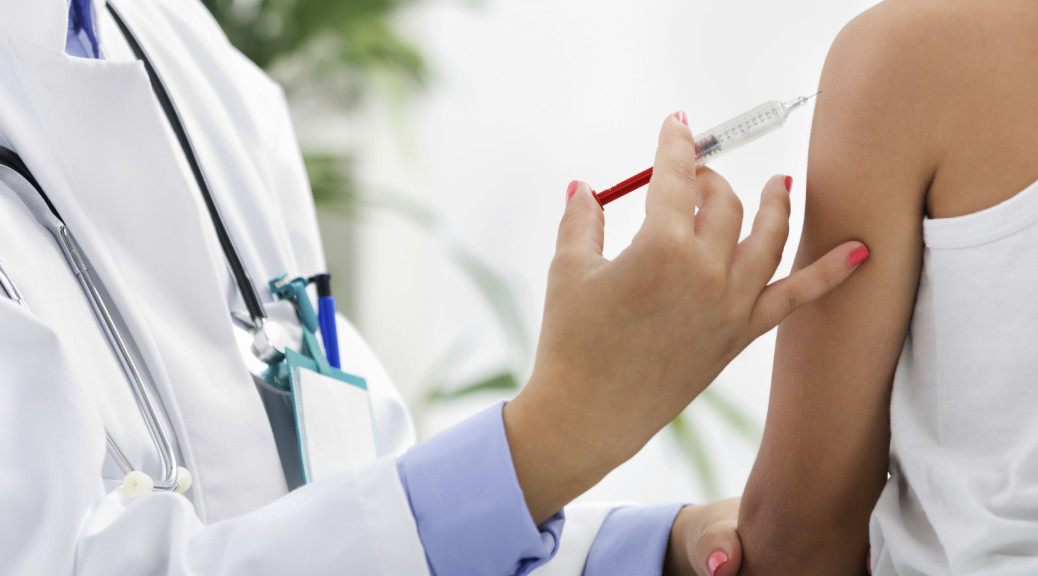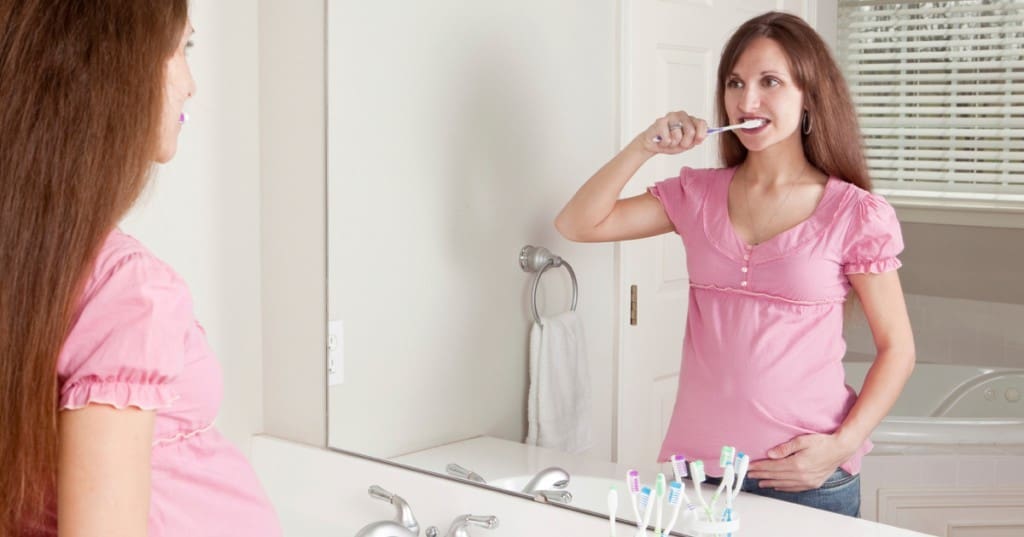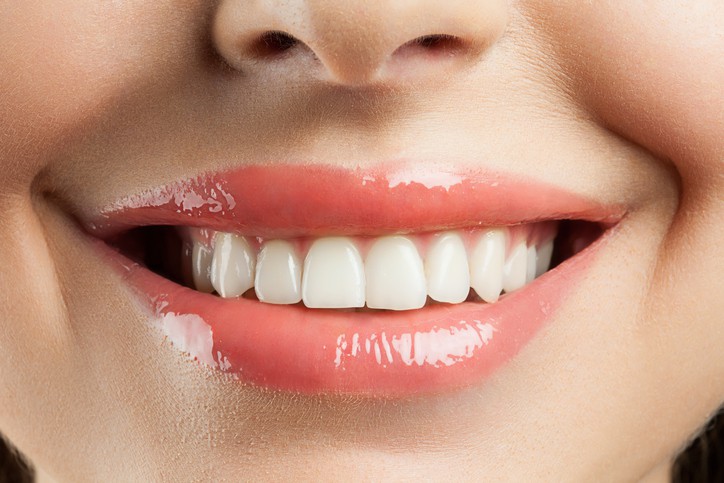Contents:
- Medical Video: The HPV Vaccine | Why Parents Really Choose to Refuse
- Relax, the HPV vaccine does not cause fertility problems
- The HPV vaccine actually increases fertility in some women
Medical Video: The HPV Vaccine | Why Parents Really Choose to Refuse
Cervical cancer is one type of cancer that often attacks women. Most cervical cancers are caused by viruses human papillomavirus (abbreviated as HPV). This viral infection can be prevented by doing HPV immunization. However, some people still doubt the safety of this vaccine. Many opinions circulate that this vaccine can cause fertility problems. The assumption is not true, precisely the HPV vaccine has a positive influence on female fertility. See the explanation below.
Relax, the HPV vaccine does not cause fertility problems
Centers for Disease Control and Prevention (CDC) in the United States states that there are no safety problems with the HPV vaccine, this vaccine has proven safe when given. Dizzy,swelling at the injection site, and nausea can indeed appear after the vaccine is injected. Namun, generally the effect is only limited to that and does not cause side effects or worse complications.
The HPV vaccine is an inactive vaccine containing a protein similar to the HPV virus shell structure that does not contain viral DNA. Therefore, this vaccine is very safe and will not infect humans. After being injected, the vaccine will stimulate the formation of an immune response in the body thus creating protection against cervical cancer.
This vaccine for cervical cancer has also not proven to interfere with fertility. Until now there has been no research evidence that reveals the dangers of these vaccines for fertility. This vaccine is not proven to cause female eggs to stop working as usual before women enter the age of 40 years.So, you don't need to worry about your fertility when getting an HPV vaccine. In fact, this vaccine can protect women from cervical cancer so that fertility problems because cervical cancer can be prevented.
The HPV vaccine actually increases fertility in some women
A researcher from Boston University, looked at the relationship between HPV vaccine and fertility. This study reports that vaccines for cervical cancer can improve the possibility of fertility in some women. Research published in a journal Pediatric and Perinatal Epidemiology, indicating an association between the HPV vaccine and women who have a history of venereal disease. Someone who has a history of venereal disease is often associated with low fertility rates.
However, women with a history of vaccinated venereal disease will have the same chance of getting pregnant as women who have not been vaccinated and have no history of venereal disease. In other words, the HPV vaccine can protect the fertility of women who have venereal disease.
This study uses data from Pregnancy Study Online (PRESTO), a group that is working on pregnancy from a pregnancy planner in North America. The study involved 3,483 women and 1,022 men aged 21 to 45 years who were actively trying to get pregnant.
Couples are followed for 12 months or until pregnancy, whichever comes first. At registration, 33.9 percent of women and 5.2 percent of men had received HPV immunization. The researcher hopes that with this study, there will be no more doubts about HPV immunization for fear of infertility.













